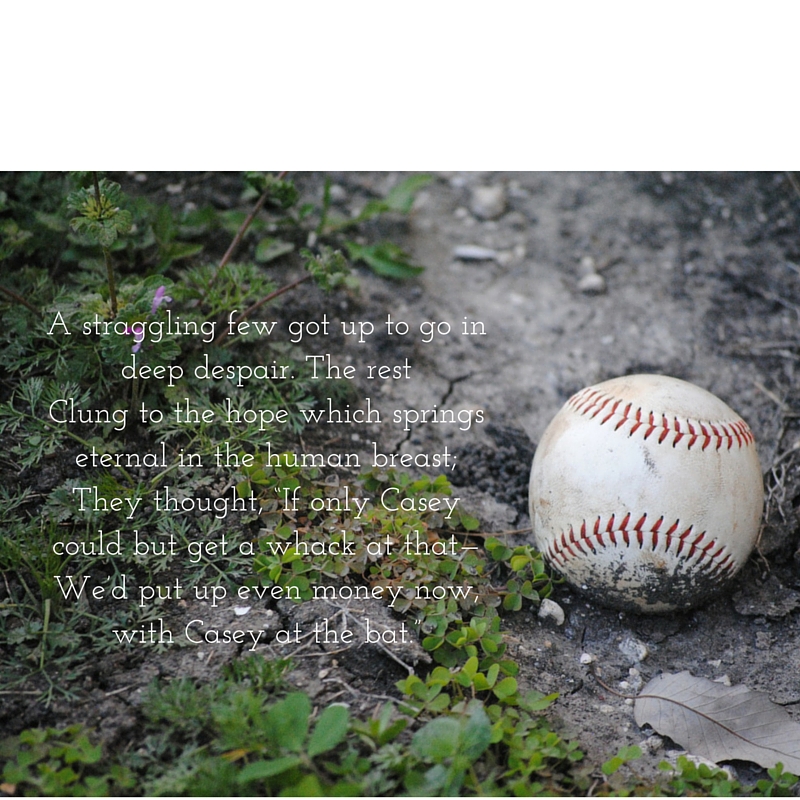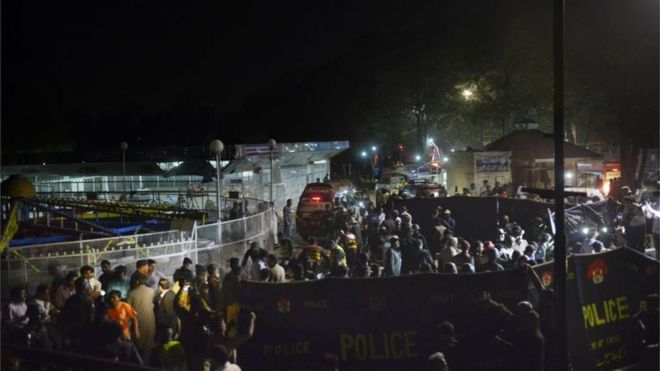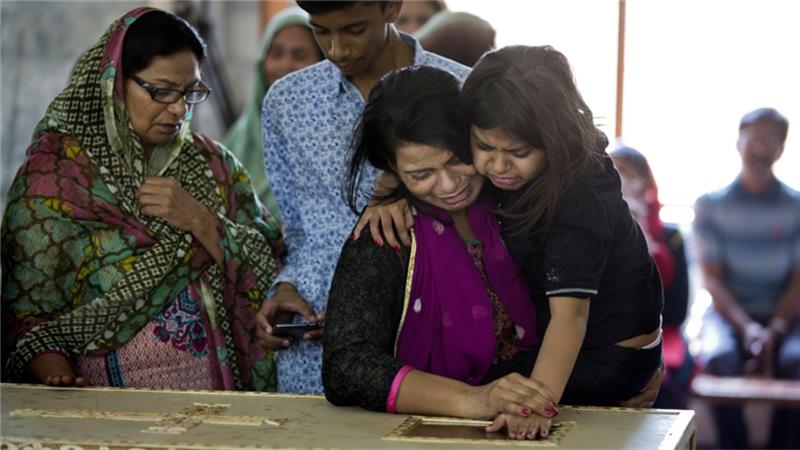Hello friends, it’s been a long time.
A series of things came across my FB feed today that prompted me to dust off this old blog and write about them. The first was one of those “watch until the end, ohmyheart” videos of someone doing something nice for a homeless guy… but not until after seeing him get literally dumped on by a series of other people.
The second was a post from a dear friend* who left a wonderful, share-the-love message in the sand at her local park…. only to have it defaced by profanity a couple of days later.
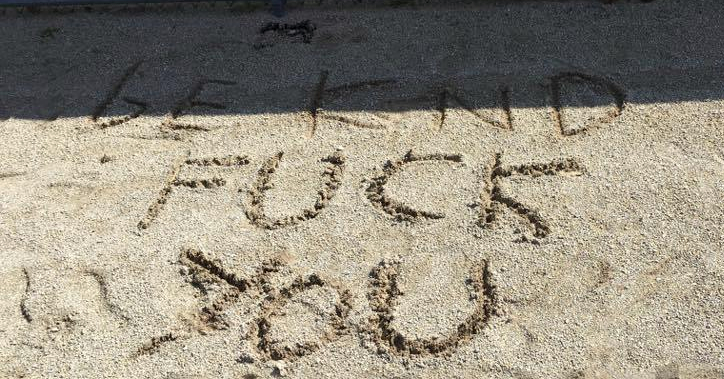 And then, of course, there was a series of posts from the major news outlets about the latest actions of our #RepublicanAdministration.
And then, of course, there was a series of posts from the major news outlets about the latest actions of our #RepublicanAdministration.
Needless to say, I am not oh-my-heart-ing right now.
Something seems to be coming to a head in this country, something I call Separation Consciousness. As I’ve written in other places, I feel that the great glory and experience of being human is the tension created between Unity and diversity, between the One and the Many, between the Us and the I. We gain joy and a sense of achievement from both kinds of actions, those which connect us with others and those which establish ourselves as individuals. It is in the space between these actions that we define who we are and what our priorities are as people.
Where we silly humans get into trouble is when one or the other is over-emphasized. When Unity pushed too much to the fore, the individual is subsumed. We lose our identity, our ability to make choices, our dignity as individuals. When diversity is over-glorified, we disassociate, we fragmentize, we become selfish and hurtful and greedy.
We have definitely swung towards the latter as of late.
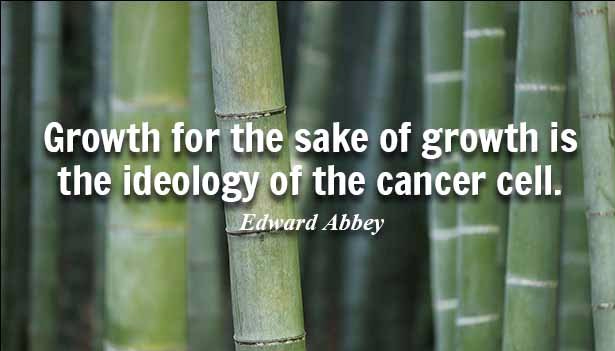
This is Separation Consciousness, what Edward Abbey called “the ideology of the cancer cell”. Always more, always compete, climb higher even if you have to put your boot on someone else’s face to do so, grab what you can, hoard and hold, charity is for the weak and the sinful, pull yourself up by your bootstraps, if you’re poor it’s your fault, greed is good, on and on and on and on.
It’s a mindset I’ve never been able to grasp. I’m just not wired that way. I gain no joy from competition at another’s expense. Other than a few creature comforts and my various geeky addictions, I am very non-materialistic. I grasped easily and early the idea that love increases when you share it, that giving is far better than receiving, that whatever you send into the world returns sevenfold. This all just makes sense to me. Yet I look around at the world and see the complete opposite, and it tears my heart out to see it.
This, more than anything else, explains my hiatus over the last 6 months or so. All around me, in my personal life as well as our greater culture, I saw an exponential increase in separation. Our government aside (too easy a target and too big a tangent), we find ourselves in a culture where not only no one cares, but no one is supposed to care. Money now equals speech. Differences in language and religion become tools of dehumanization. Companies care only for bottom lines. Take from the Earth and ignore the obvious consequences. And so I turned inward. A foolish and counterproductive thing to do, but there it is.
Yeah, I’m done with that now.
Unity and diversity are both truths of the human experience, and to ignore either is to bring pathology upon yourself. I cannot do that any longer. So I make a pledge to you, in front of god and all the Interwebz. If what I pledge resonates with you, I invite you to do the same. I do not expect myself to keep this pledge perfectly, but there is literally no other way to change this world other than to try. Because this is a statement of truth about the Universe, and even the slightest movement towards that truth will resonate into Eternity.
- I pledge to share whatever I can, whenever I can do so, whether that be time, money, kindness, or simply a positive thought.
- I pledge to see others around me as human beings, with dreams and hopes and desires no different from mine, even when other behave in hurtful, selfish ways. Especially then.
- I pledge to take time to look at the world and see its wonder, and to remember that I am a part of that wonder.
- I pledge to acknowledge my own dreams, and to take one action each day to move closer to them.
- I pledge that, when I see hurtful, selfish actions being taken, that I will not sit idly by, but will take whatever action I can to negate them, no matter how small.
- I pledge to take 10 minutes each day to stop, to breathe, and to simply be.
Obviously, if you can think of other things to add to your pledge, by all means do so. Heck, recommend a couple to me if you think I would appreciate them. Here’s a hint; I appreciate all feedback. 🙂
This is my pledge, to send what Unity I can out into the world and let it resonate. How much difference can it make? Well, go back and rewatch that little video at the beginning with a slightly less jaundiced eye. If we make a difference in one person’s life, just for a little while, isn’t that enough? Call it chaos theory of humanity. If we alter the trajectory of one person, how will that affect the world? Because it will, and in ways we cannot even fathom. Kindness creates kindness. Generosity breeds generosity. We start with ourselves and then move outward. It is all we can do, and more vitally, all we need to do.
* image from Lisa Cousineau
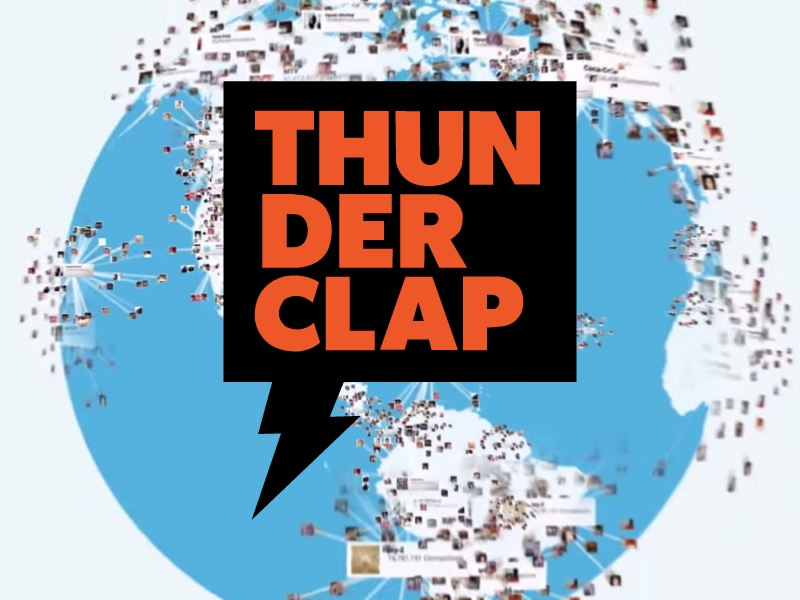


 And then, of course, there was a series of posts from the major news outlets about the latest actions of our #RepublicanAdministration.
And then, of course, there was a series of posts from the major news outlets about the latest actions of our #RepublicanAdministration.

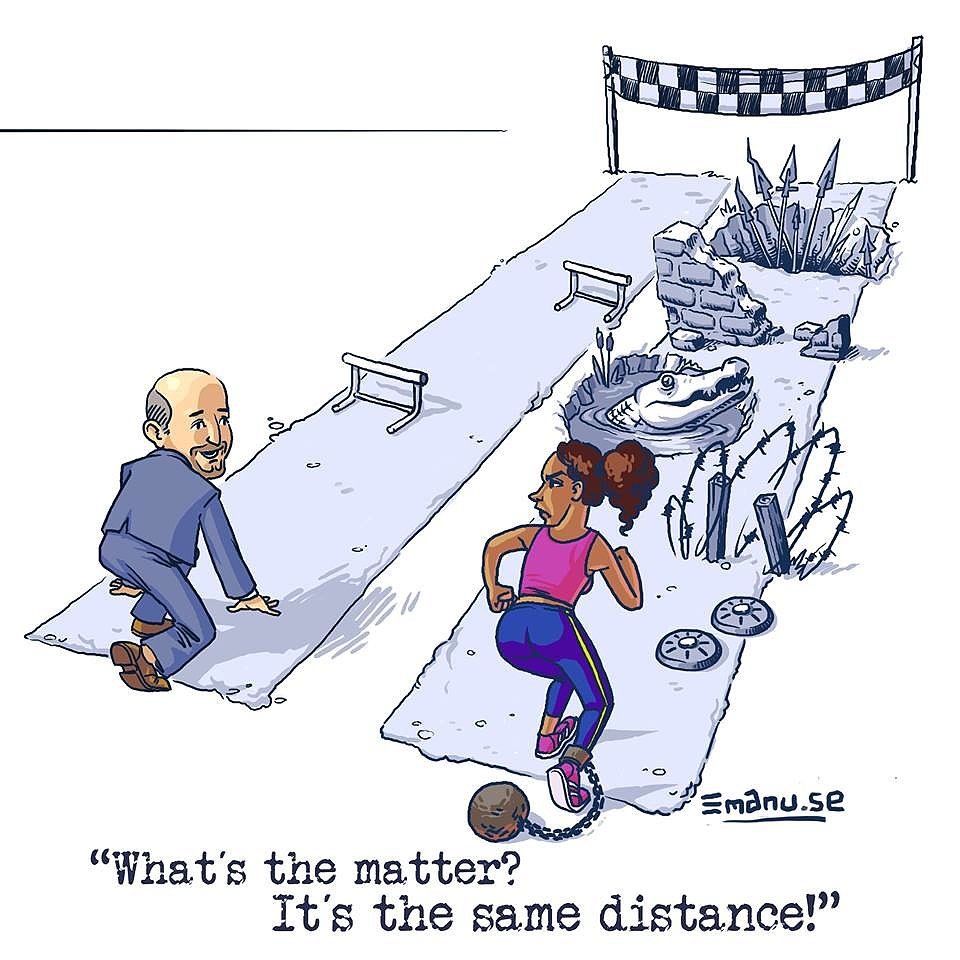

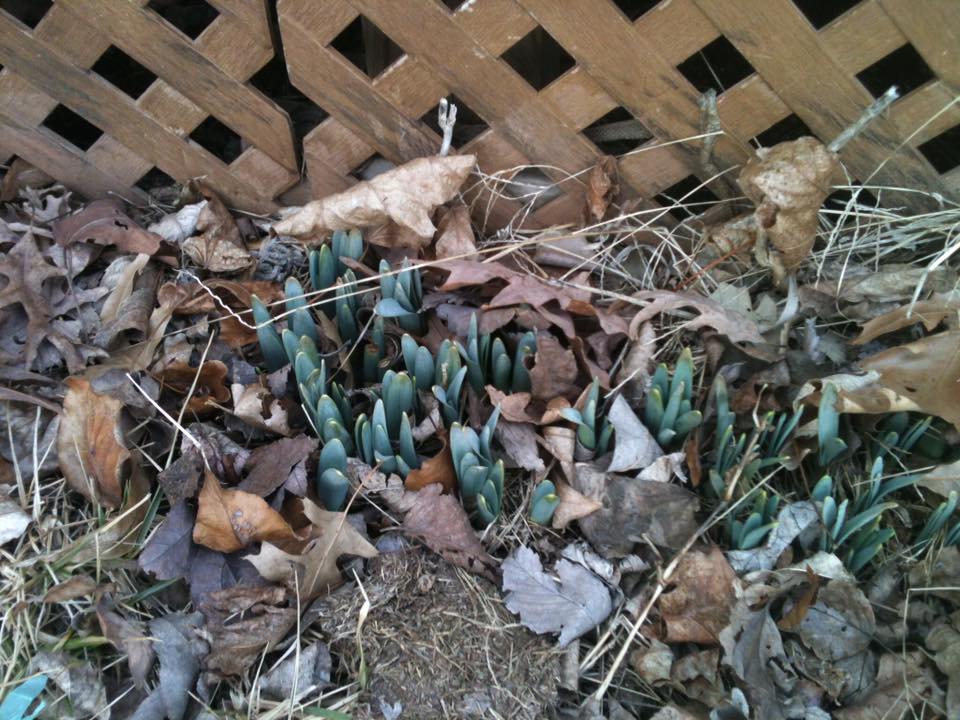
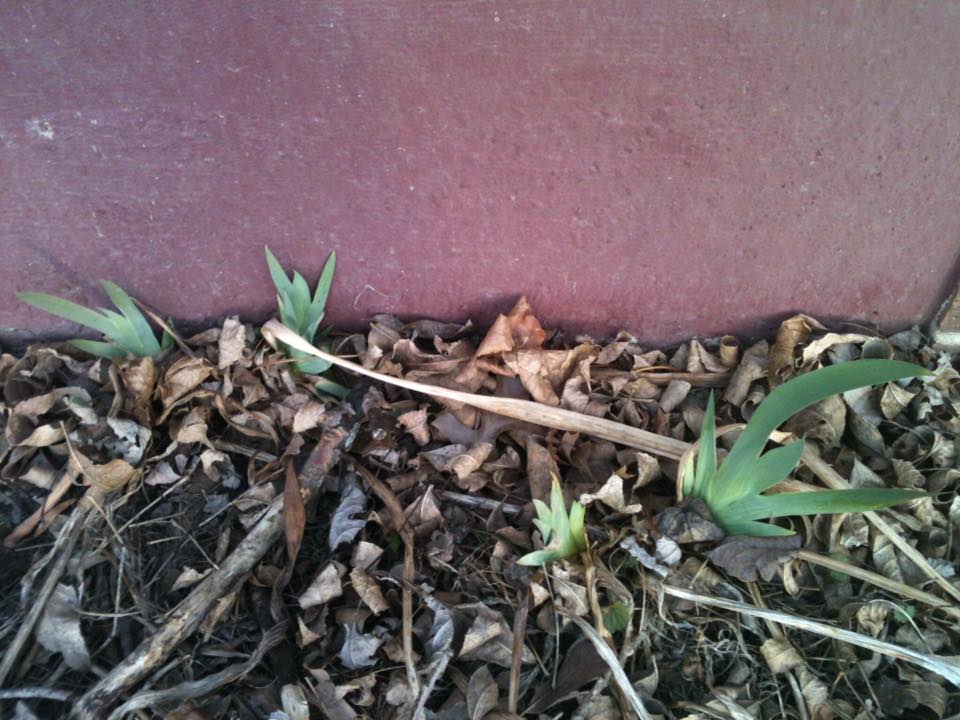
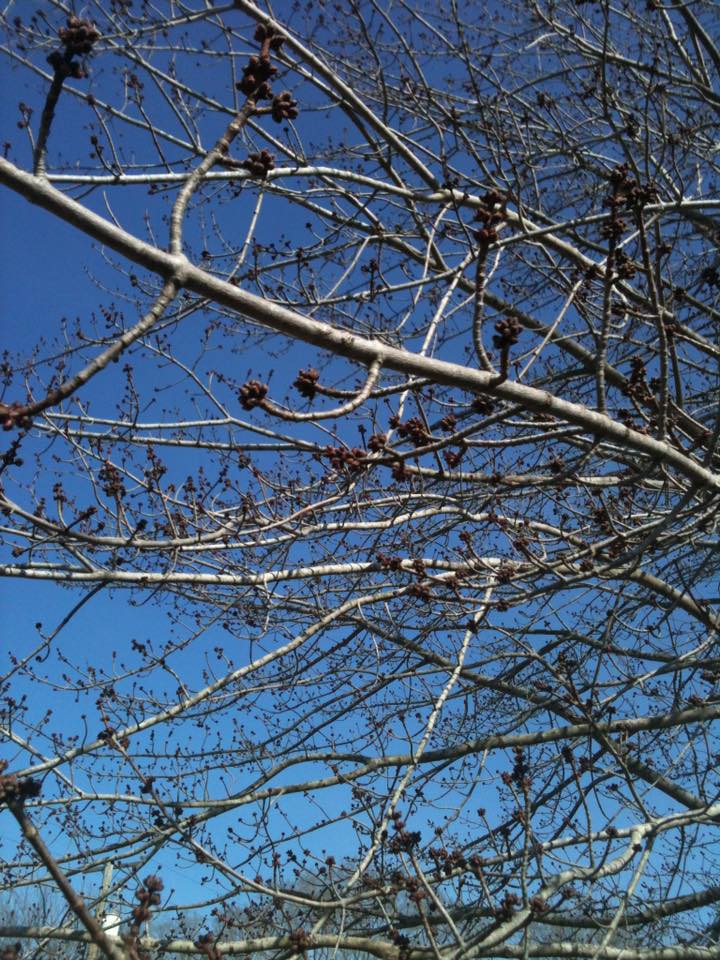
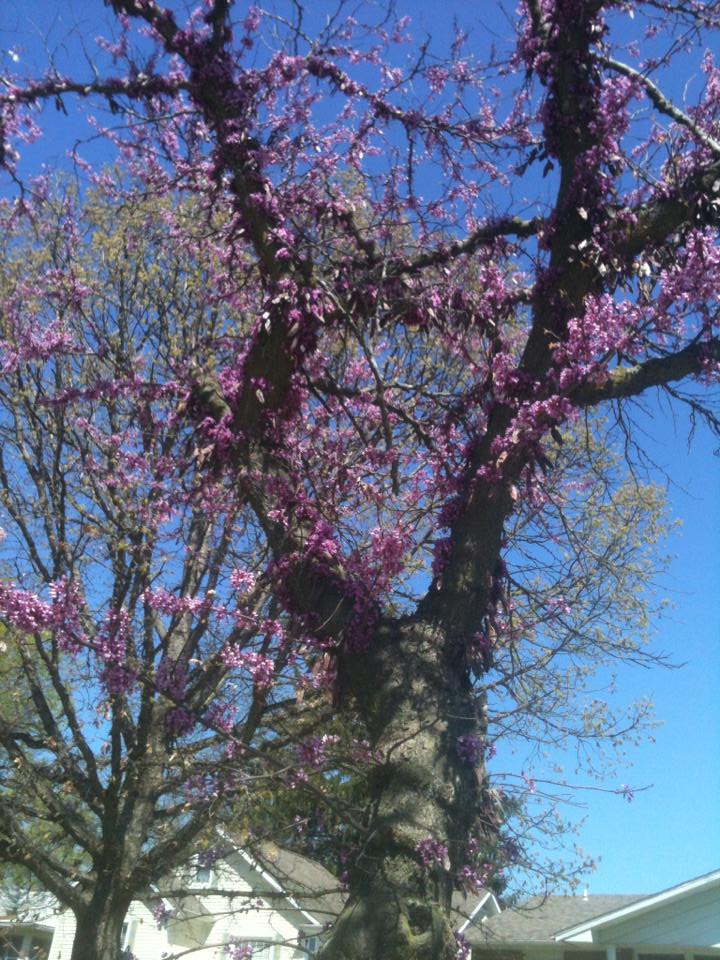

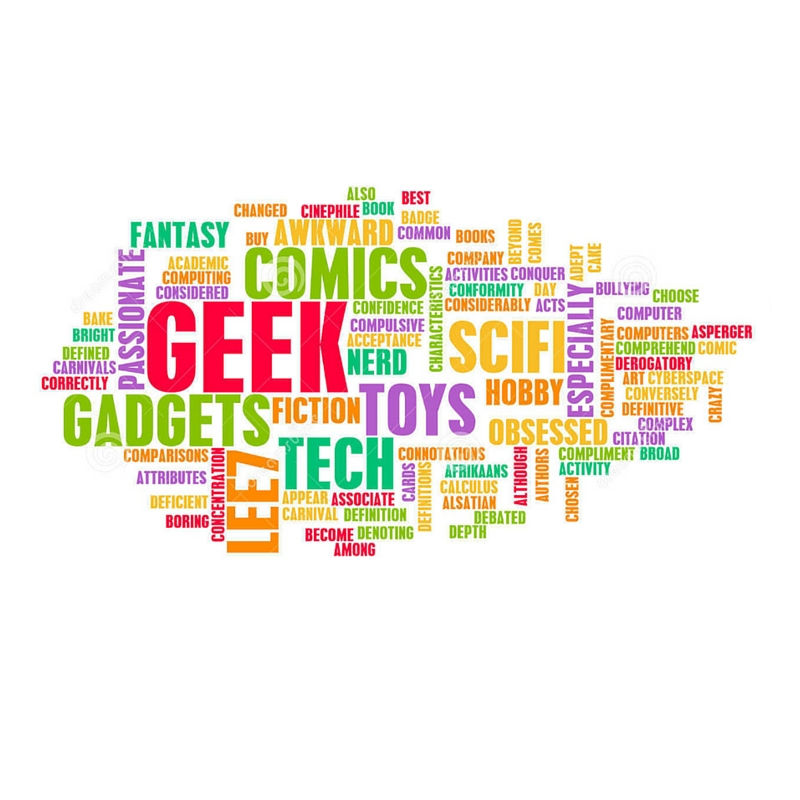
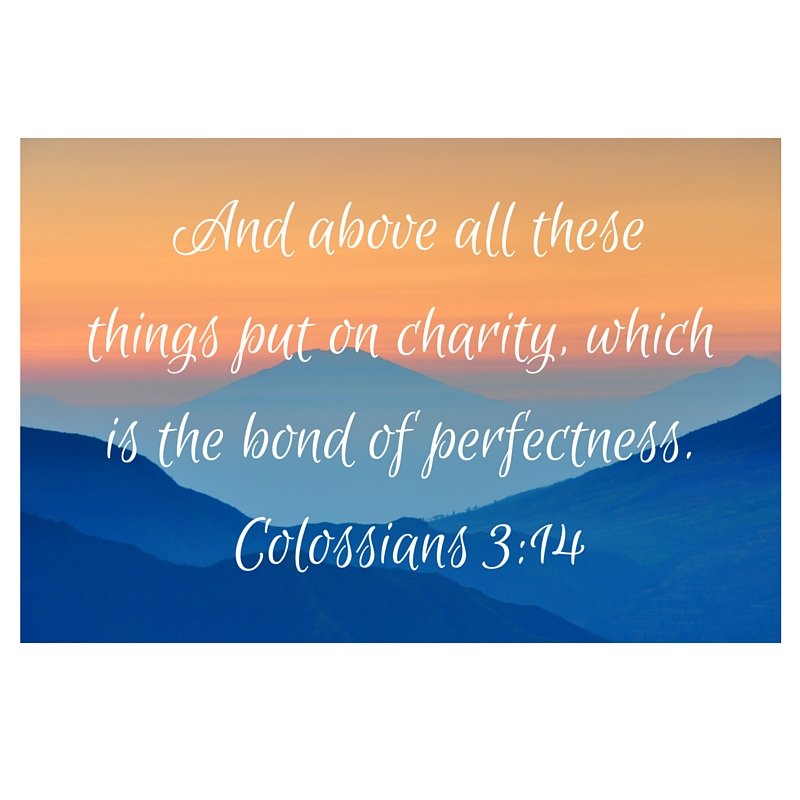 Generosity. Giving. Charity. If there is one thread that binds all of the world’s religions together, it’s that generous acts should be encouraged. Charity, generosity, and giving to the poor are mentioned in the New Testament
Generosity. Giving. Charity. If there is one thread that binds all of the world’s religions together, it’s that generous acts should be encouraged. Charity, generosity, and giving to the poor are mentioned in the New Testament 